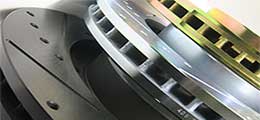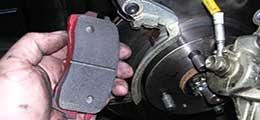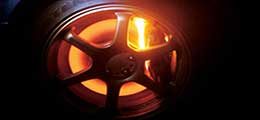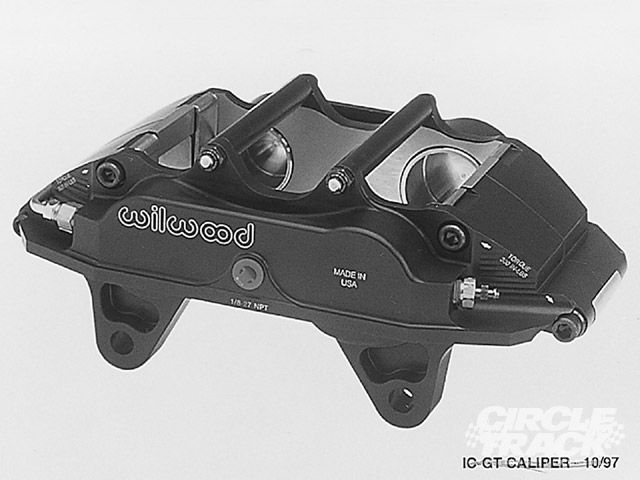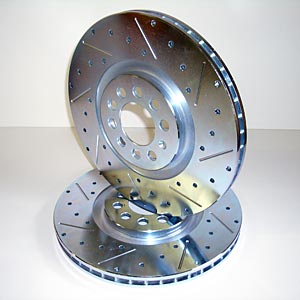
This question is asked by many, and there is no simple answer to the question. There are a few different reasons that a brake rotor would need to be adjusted or replaced, but not one that applies to all situations. In a lot of cases, you may not even have to replace a brake rotor as they could simply be resurfaced back to factory specifications using special equipment.
What we are going to do with this article is explain to you a few different circumstances when brake rotors need to be replaced and also situations where brake rotor repair is not recommended.
There is a whole list of things that can damage a brake rotor or make it seem as so.
Normally when your brake rotor is damaged, you will experience symptoms that you can notice when driving. These things involve poorer braking pe...
Read More


